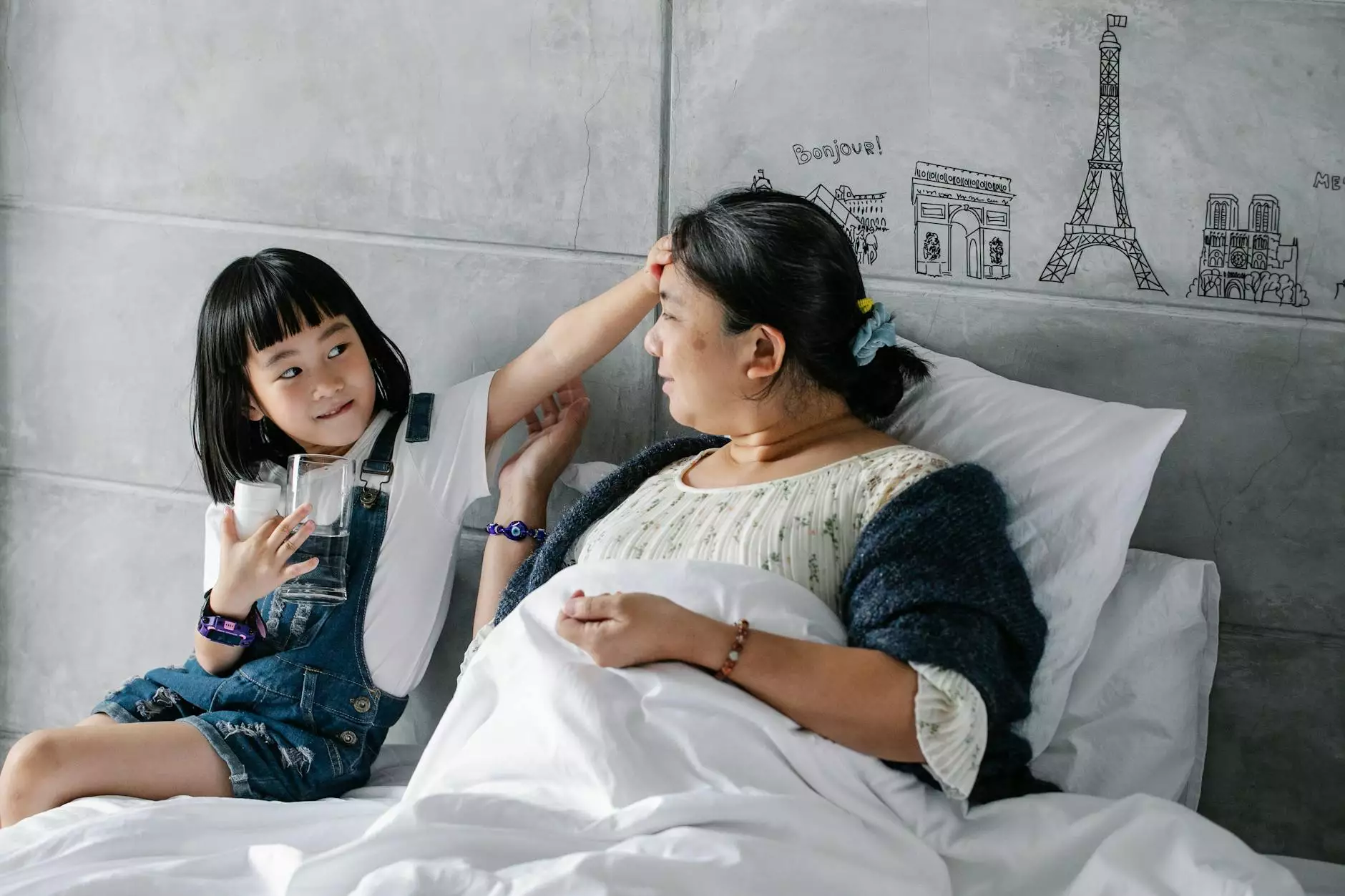Learn About UDL | UDL Myths

The Power of Universal Design for Learning
Welcome to Fountain of Hope, a leading platform dedicated to promoting inclusive education and beliefs within our community. In this page, we will explore the concept of Universal Design for Learning (UDL) and debunk common myths associated with it. UDL offers a powerful framework that caters to the diverse needs of learners, fosters their engagement, and maximizes their potential.
Demystifying UDL Myths
Myth 1: UDL is only for students with disabilities
Contrary to this misconception, UDL benefits all learners, not just those with disabilities. This inclusive approach acknowledges that individuals have unique learning preferences, strengths, and challenges. UDL ensures that educational materials, methods, and assessments are designed to be accessible and flexible, catering to a wide range of learners. It empowers all students, regardless of their abilities, to succeed academically and develop essential skills.
Myth 2: UDL is too difficult to implement
While implementing UDL may require some adjustments and planning, it is worth the effort. UDL encourages educators to create a supportive and engaging learning environment by providing multiple means of representation, action, and expression. It enables students to express their knowledge and understanding through various mediums, such as written assignments, presentations, or even multimedia projects. By incorporating UDL principles, educators can create more inclusive classrooms and promote a positive learning experience for all students.
Myth 3: UDL removes accountability and academic rigor
On the contrary, UDL enhances accountability and academic rigor. UDL encourages educators to set high expectations for all students and provides the necessary scaffolds and supports to help them meet those expectations. By offering options for demonstrating knowledge, UDL promotes critical thinking, creativity, and problem-solving skills. It enables students to showcase their understanding in ways that align with their strengths and interests, fostering motivation and engagement in the learning process.
Myth 4: UDL requires expensive technology
UDL does not solely rely on expensive technology. While technology can enhance UDL implementation, it is not a requirement. UDL principles focus on flexibility and the provision of multiple means of representation, action, and expression. Educators can employ a wide range of strategies and resources, including manipulatives, visual aids, hands-on activities, and cooperative group work. UDL empowers educators with the freedom to choose tools and approaches that best meet the needs of their students and their available resources.
Myth 5: UDL undermines curriculum standards
UDL complements curriculum standards by ensuring inclusion and accessibility for all learners. It does not undermine or deviate from the established guidelines and objectives. Instead, UDL offers a flexible framework that enables educators to design instructional materials and assessments that align with the desired learning outcomes. By incorporating UDL principles, educators can enhance the overall effectiveness of their teaching and provide equal opportunities for success to all students.
The Transformative Impact of UDL
Embracing UDL can revolutionize the educational landscape and empower learners of all backgrounds. By dismantling the barriers that hinder student success, UDL fosters a culture of inclusion, increasing academic achievement and promoting positive attitudes towards learning for all individuals. Through UDL, educators can create engaging learning environments that prioritize diversity, equity, and individual strengths.
At Fountain of Hope, we believe in the transformative power of UDL. By educating our community about UDL and debunking common myths, we hope to inspire educators, administrators, and stakeholders to adopt UDL principles and create inclusive educational systems. Together, we can ignite positive change and build a future where every individual has an equal opportunity to thrive and succeed.









